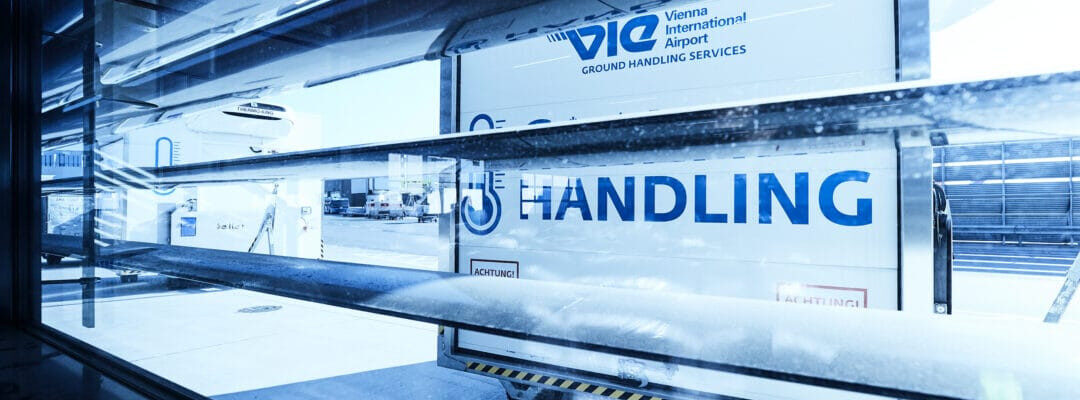Vienna Airport is targeting excellence in the cold chain
With the continued high demand for temperature -sensitive drugs, Vienna Airport has become a major player in ensuring safe, reliable and effective logistics for the cold chain. The VINA FIFA Center at the airport gained a reputation in excellence in the management and monitoring of pharmaceutical shipments, thanks to advanced technology, smooth processes, and strategic location.
It offers technology and temperature control
According to Michael Zach, the first vice president of land handling and goods at Vienna Airport, technological developments in temperature control and monitoring were decisive to the airport’s success in maintaining the integrity of the cold drug chain: “We have allowed the development of temperature control systems and not only by strengthening acceptance of the individual cold chain, but also prevents different temperature deviations.
“This guarantees the creation of a safe supply chain, with the Vienna Medicines Center at the heart of these efforts.” VPHC features large -scale monitoring sensors that track temperature, humidity, carbon dioxide levels, air pressure and safety via CCTV. These tools help ensure that pharmaceutical products are managed from reaching the airport to connect them in destinations, which reduces the risk of temperature deviations during transit.
Treating organizational challenges
The global organizational scene of pharmaceutical dealings has evolved greatly over the past decade, with an increase in focus on compliance and transparency. Zach indicated that although international standards have improved consistency, there are still challenges in absorbing the unique characteristics of various supply chains.
“The temperature control, strict records, and transparency remain major organizational obstacles. The challenge lies in achieving a balance between these global standards with the specific needs of individual supply chains and facilities,” he said.
Smooth integration of air and land transport
One of the main aspects of the cold chain operations at Vienna Airport is the smooth integration of air and roads.
Zach stressed the importance of using containers that can be efficiently transmitted between air transport and wild transportation while ensuring consistent temperature control. Another important feature between trucks and pharmaceutical centers is an important feature, which is effectively prohibited from affecting the temperature during the transportation: “By providing a comprehensive pharmaceutical service, from planes to the truck and vice versa, reduces the chances of temperature deviations and simplifying the transit process.
Expand the ability to meet the increasing demand
The strategic position of Vienna Airport as a gateway to Central and Eastern Europe was an important factor in its growth as a pharmaceutical center. In 2024, the airport dealt with more than 4,200 tons of pharmaceutical charges, which represents an increase of 15.3 percent from the previous year.
“We are preparing for continuous growth, expanding our packaging services, cooling containers, and more, to meet advanced industry demands,” Zach pointed out. However, with high pharmaceutical charges, Vienna Airport also faces capacity challenges.
“Increases increases can lead to a lack of treatment and storage. To maintain speed and efficiency, we focus on pre -reservations and clear communication with our customers to improve the customization of space and employees,” Zak explained.
Sustainability in the cold chain operations
With the continued growth of the cold chain industry, as well as the need for sustainable practices. Vienna Airport has taken great steps to reduce the imprint of the environment.
Since 2023, airport operations have been neutral carbon dioxide, which is partly operated by the largest photovoltaic fracture factory in Austria, which provides 50 percent of the annual electricity consumption of the airport. In addition, the airport uses the heating of neutral areas of carbon dioxide, which helps to reduce carbon dioxide emissions by 21,000 tons annually. “We are committed to sustainability, electronic operation of about 450 electric cars and the employment of smart energy solutions that help us achieve our environmental goals without compromising the services of the cold chain,” said Zach.
